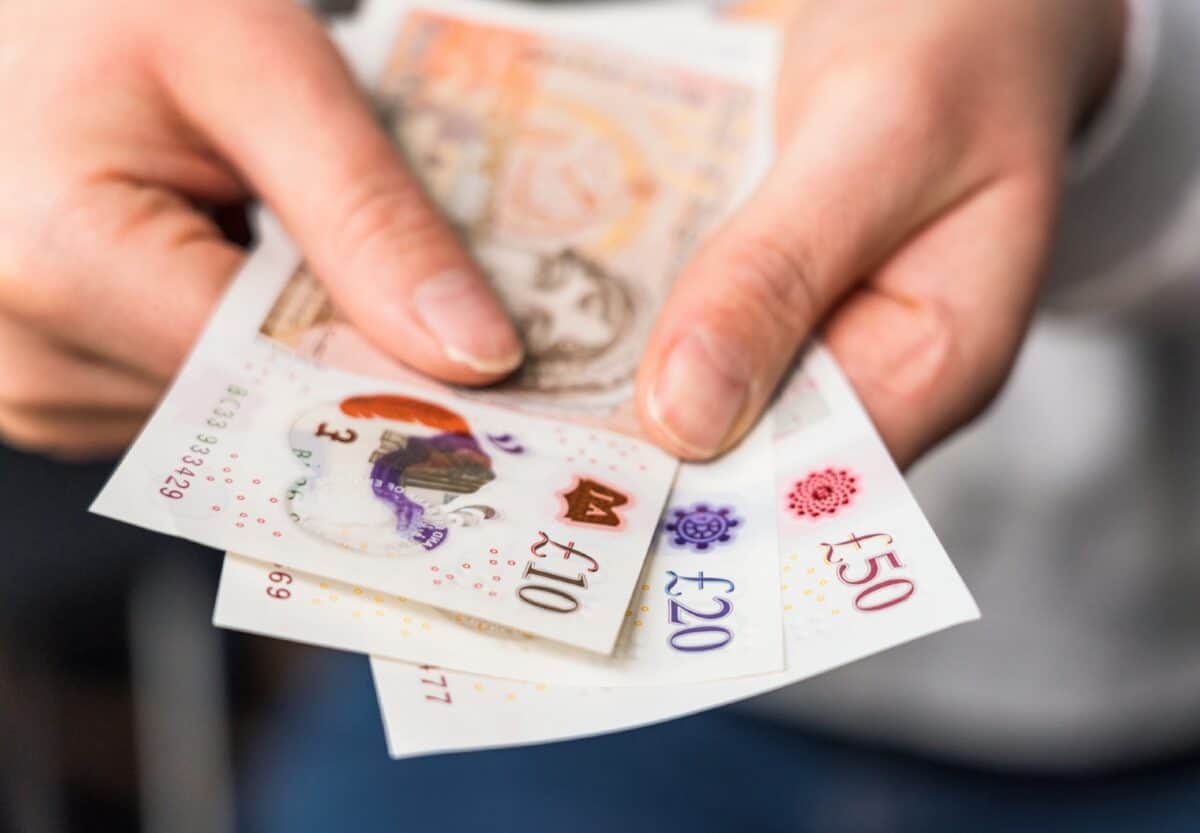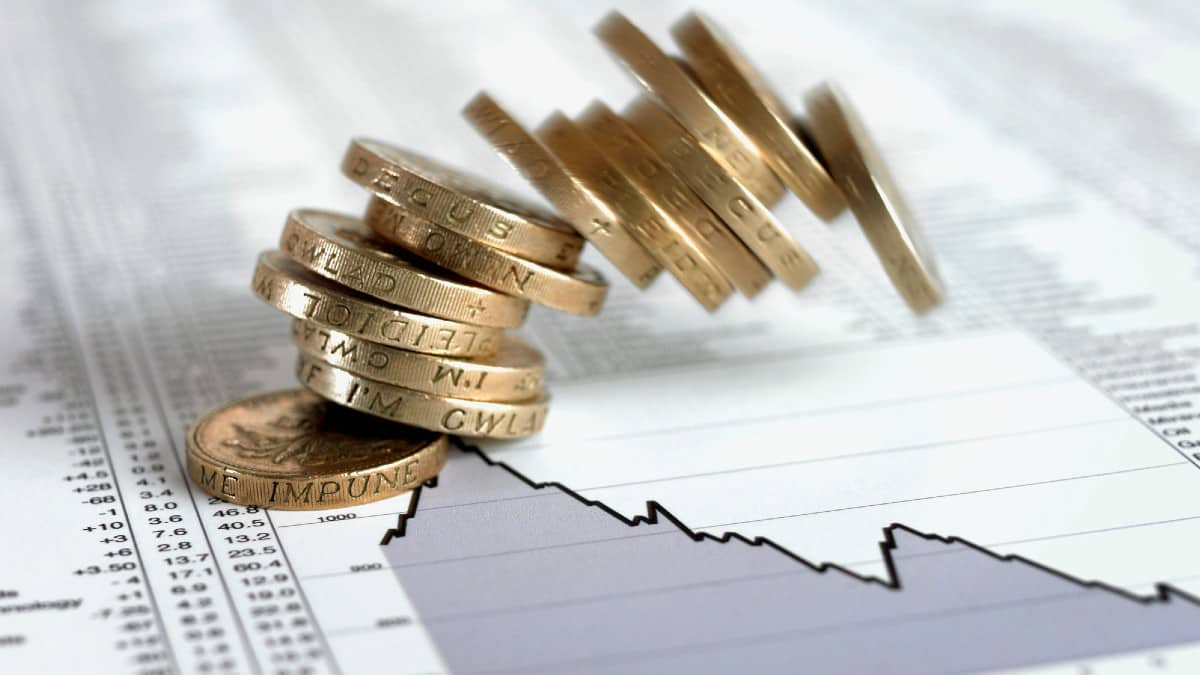Image source: Getty Images
Having a pot of cash savings is great for a rainy day. Yet beyond emergency expenses, I’m in favour of trying to beef up the return on my cash via dividend stocks. In fact, if I’m smart about how I invest I’m confident I could build a better passive income stream instead of just leaving it to accrue interest in my bank account. Here’s why.
Why I prefer using stocks
The committee at the Bank of England have already started to cut interest rates. Data out today (16 October) showed that inflation has now dropped below the 2% target level, at 1.7%. I think this will act to push the decision makers at the bank to cut rates faster going forward.
Therefore, I think it’s likely that the base rate will fall below 4% by this time next year. As a result, the earning potential on my cash will shrink.
At the moment, the average dividend yield on the FTSE 100 is 3.55%. It’s marginally less on the FTSE 250. Some would argue it doesn’t make sense to invest here, as the average yield is below what I could get risk-free from a savings account. That’s true, but within the indices there are individual stocks with yields as high as 17%!
I’m not saying that I’d just put all my money in that one idea, but I feel I can build a diversified dividend portfolio with a yield much higher than where I think the base rate will be next year.
If I had £8k in savings to invest, I’d look to deploy this capital in the stock market over the course of a few months. This doesn’t then mean I can’t invest anymore. On occasion, I might have some spare funds that I can use to top up my balance.
Good ideas out there
As an example of a stock I’d consider including in this strategy, Zigup (LSE:ZIG) comes to mind. The name might not sound familiar, but in reality this is just a recent rebrand of Redde Northgate in May. It’s a leading fleet rental provider in the UK and Europe.
Over the past year, the stock’s up 15%, with a current dividend yield of 7.04%. The dividend per share has been growing for each of the past five years. In fact, the 25.80p paid over the last year is almost double that from five years ago, highlighting the pace of growth.
The business has been able to do this largely thanks to growing profits. In more practical terms, it has grown due to getting economies of scale as it has increased the size of the fleet and different locations.
It’s true that one risk is the size of the market. Zipup will struggle to compete with larger peers unless it can become truly international in nature. This potentially caps revenue potential. However, I don’t think we’re close to that now, so I’m optimistic going forward.
The numbers
If I took my £8k and assumed an average dividend yield of 7%, my pot would quickly grow. I’m also going to factor in an average extra input of £100 a month. If I do this for 20 years, the following year I could earn £6,140 just from dividends, equating to £511 a month.
Credit: Source link














